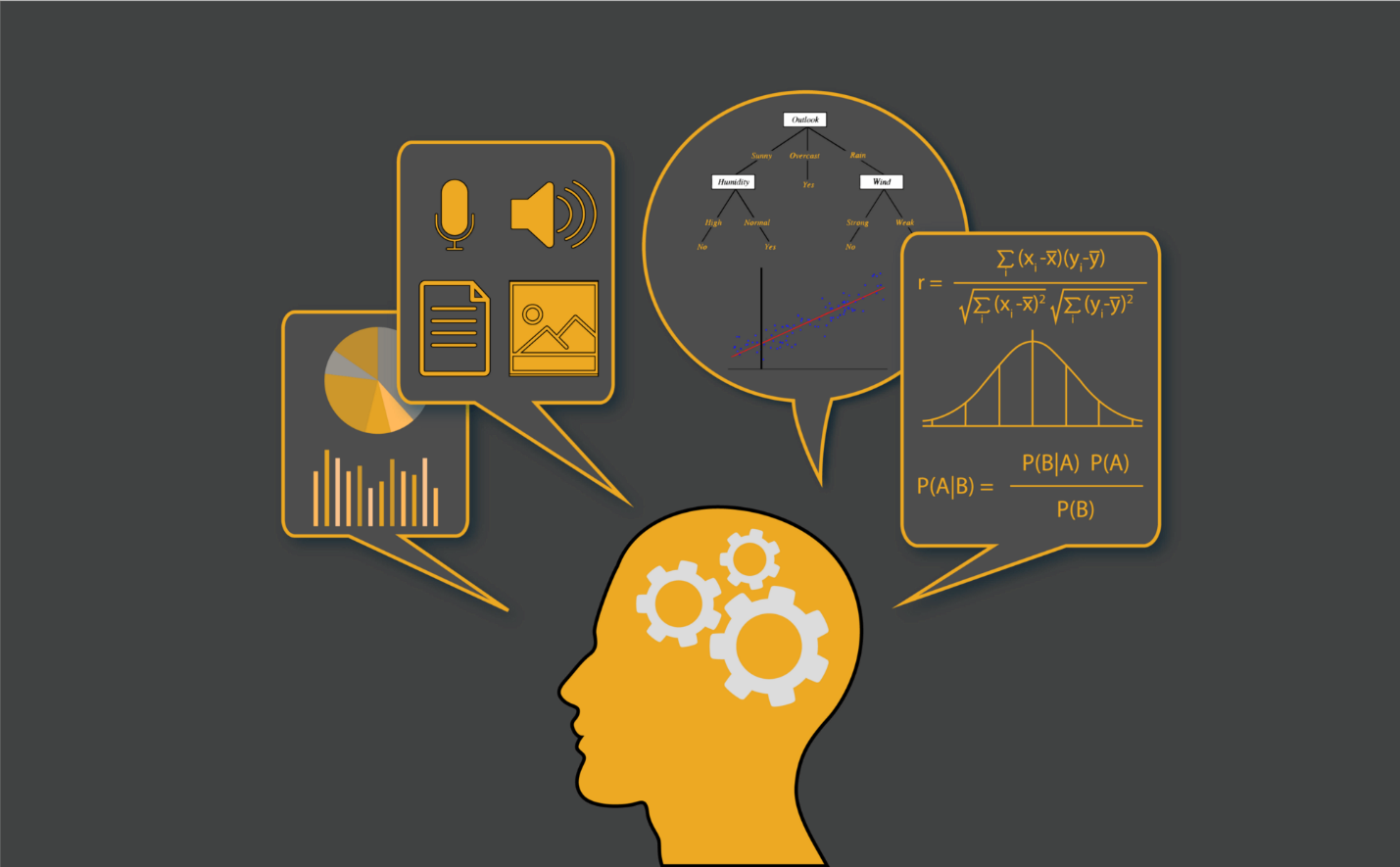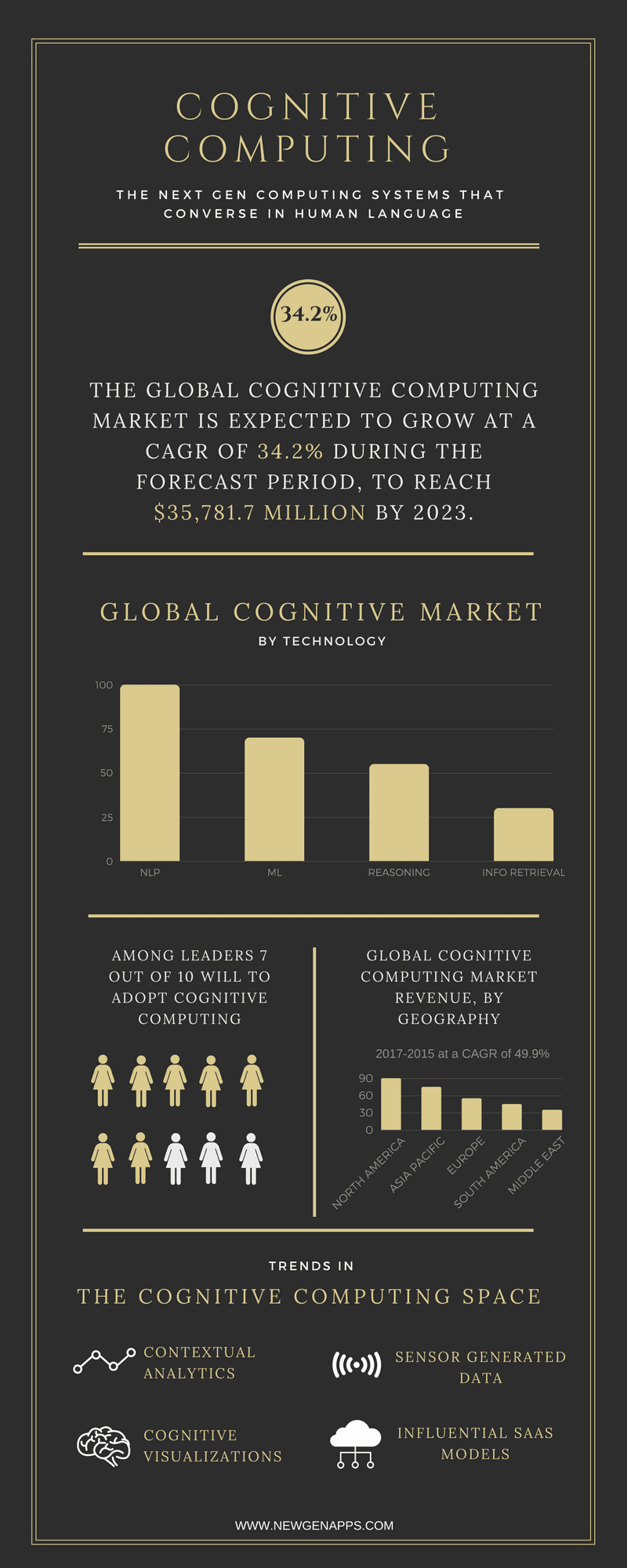2 min read
How Artificial Intelligence Is Changing Background Checks
Anurag : Jul 24, 2020 4:58:10 AM
Today’s business world relies heavily on the background check industry to mitigate risks. Widespread use of the internet has deeply transformed how background checks are performed, making the process faster and cheaper, and giving everyone the chance to run a check, regardless of their reasons. Data storage and analysis had already changed background checks for good, but the true disruption came with machine learning and artificial intelligence.
Better Data Analysis
Artificial intelligence is helping companies sort through mountains of data in a matter of seconds. It can choose and analyze relevant information and actionable points without the need for human interaction. And machine learning is making the process faster and more reliable. For example, can crawl thousands of websites, sort information, and generate a report with only relevant information in a matter of seconds.
Current Information
A person’s data may change very fast. Artificial intelligence is the best way to ensure that background check reports stay current, as they may continue to analyze information and report when significant changes happen. This is why some companies run background checks on current employees or leave the door open for further verification after a hire.
Avoid Bias
Hiring managers or background screeners may be unconsciously biased for a number of reasons. And this may lead to unwanted discrimination with potential legal consequences. Because artificial intelligence is fact-based and data-driven, there’s less room for bias. However, because humans still program artificial intelligence, it is not infallible. For example, there are reports that Amazon’s algorithms showed bias against women.
Broader Reach
Manually checking data from overseas candidates is a thing of the past. Artificial intelligence can access and analyze global information. This is especially relevant in the job market permeated by mobility. While there are legal considerations regarding what each country allows on a background check, global data is easily accessible through AI.
Examples of AI in The Background Check Industry
The gig economy has changed how people interact and do business. But it also poses more risks as it enters people’s private lives. Examples of gig-economy giants are transportation companies Uber and Lyft. To ensure that customers are safe, and because of the high volume of applications, they rely on AI-powered background checks to vet candidates.
Israeli-based Intelligo developed a solution called Clarity, which is 90% accurate and relies on AI, machine learning, and text analytics. Their technology is so advanced that it simulates a human analyst’s thought process by determining to mean, raising red flags, and locating connections while analyzing data.
Ethical Concerns
AI’s introduction in the hiring process is not free of ethical concerns. Research specialists have risen important flags regarding programmer’s bias (like in the above-mentioned Amazon case). Systems can reflect and reproduce about ability, worth, and potential. Also, there are reported instances of important errors in which algorithms confused criminal records from candidates with similar names. Finally, experts worry about glitches, hacks, and other technical issues that can have very harmful consequences on people. Most of them recommend a balance between AI and human interaction.
Technology has changed the background check landscape for good. But this does not mean that professional screeners are no longer needed. While their role may evolve towards a more supervisory capacity, their work is still necessary and important. They are also the key elements when it comes to determining what information is relevant, how algorithms should be programmed, and how machine learning should address the background screening process.
What This Means For You
Citizens need to take a hands-on approach when it comes to the treatment of their personal data. As we discussed, AI can make important mistakes (such as mixing-up records when people have very similar names), or report sealed or expunged records. Running a background check on yourself via a site using AI will help you learn more of what it can find on you, and correct problems if you find them.
Bottom Line
AI makes the background screening process faster, more accurate, and more efficient. It can sort and analyze extremely large amounts of data in minutes. And it is an evolving technology that will continue to get better. But there’s still a lot of ground to cover when using technology for important business decisions. As of now, balance is the keyword.

How life has changed with Machine Learning
Machine learning and artificial intelligence are the sailors of the new technology-driven business world, in spite of being the fact that word...



